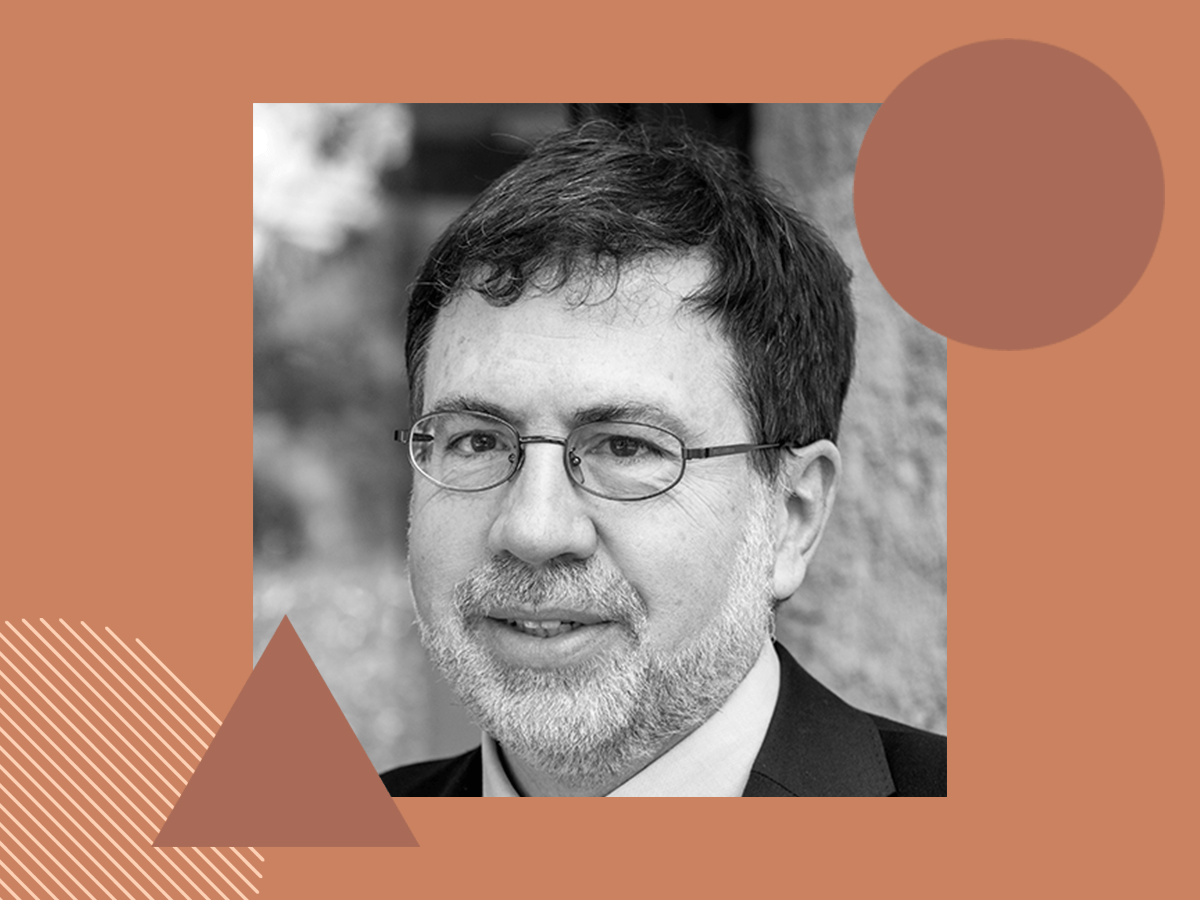Children affected by HIV/AIDS: SAFE, a model for promoting their security, health, and development.
Betancourt TS, Fawzi MK, Bruderlein C, Desmond C, Kim JY.
Psychol Health Med. 2010 May. 15(3):243-65. PMID: 20480431
Adjunct Lecturer on Global Health and Population
Harvard Humanitarian Initiative
Claude Bruderlein is Adjunct Lecturer on Global Health and Senior Researcher at the Harvard Humanitarian Initiative. He also holds a secondary appointment at the Harvard Kennedy School of Government, where he teaches strategic planning and frontline negotiation. In his research, Mr. Bruderlein focuses particularly on the conduct of negotiation on the frontlines in favor of populations affected by conflict and natural disasters as well as the role of information technologies and artificial intelligence in emergency response. He led the elaboration of the first Field Manual on Frontline Humanitarian Negotiation based on ongoing empirical research on negotiation practices in complex environments. He also teaches crisis negotiation at the Graduate Institute in Geneva and at the Helmut Schmidt University in Hamburg, Germany.
Until 2023, he served as Strategic Advisor to the President of the International Committee of the Red Cross (ICRC) in Geneva, focusing on strategic relationships, communities of practice and institutional development. He founded and directed the Centre of Competence on Humanitarian Negotiation (CCHN), a joint endeavour of the ICRC, the World Food Program (WFP), the High Commissioner for Refugees (UNHCR), Doctors-Without-Borders (MSF) and the Centre for Humanitarian Dialogue. In 2010, he co-founded the International Association of Professionals in Humanitarian Assistance and Protection and serves as its first President of the Board until 2012.
Before joining Harvard University in 1998, Mr. Bruderlein served as Special Adviser to the UN Secretary General on Humanitarian Affairs, focusing particularly on issues related to the negotiation of humanitarian access and the targeting of sanctions. He worked on negotiation of access in Afghanistan and North Korea. He also served as an independent expert to the UN Security Council on the humanitarian impact of sanctions in Sudan, Burundi, and Sierra Leone. He has previously worked with the International Committee of the Red Cross (ICRC) as a frontline operator in Iran, Israel and the Occupied Territories, Saudi Arabia, Kuwait, and Yemen.
Teaching
Claude Bruderlein teaches advanced negotiation courses in complex environments. Since 2008, Claude Bruderlein teaches a Winter Field Study Course on Humanitarian Negotiation (GHP-543 and IGA 353M) in January of each year. Through an experiential learning approach that emphasizes direct engagement with frontline negotiators in a specific complex situation, the course fosters a critical reflection on global public health and public policy issues, building exchanges between Harvard University graduate students and field practitioners to shed light on professional negotiation practices on the frontlines. Such cases offers a stimulating political, social and policy environment for graduate students to analyze the various agendas and situational factors involved in a crisis through interdisciplinary, scientific lenses while also acquiring a set of technical skills and systematic tools to engage in crisis negotiation in a proactive and practical manner.
In the previous years, the Winter Field Study Course brought students to explore the impact of military occupation on West Bank youth (2008), the linkages between poverty and conflict in Nepal (2009), the role of women in conflict transformation in Aceh, Indonesia (2010), the fate of Palestinian refugees in Lebanon (2011), the response to human trafficking in Europe (2012), gender and human rights in New Delhi (2013), the international response to Syrian refugee crisis in Jordan (2014 – 2015), migration in the Sahel (2016), the impact of the Separation Wall on communities in the West Bank (2017), the welfare of Syrian refugees in Jordan (2018), the return of refugees from Lebanon (2019), the impact of the social and financial crisis on the access to health in Lebanon (2020), the challenges and dilemmas to the global COVID-19 vaccination campaign (digital/global) (2021), the response to irregular migration in the Balkans (digital) (2022) and the response to the Ukraine migration crisis (onsite in Poland) (2023). This course is cross-listed as IGA-353M with the Kennedy School of Government. The 2024 course will focus on climate negotiation at the community level (site to be determined). Like previous courses, the Winter Field Study Course is a demanding endeavor for highly motivated and committed students. Student selection takes place through an application and interview process with the instructors. Students interested in critical approaches to international affairs and with prior international experiences are welcome to apply. Prior knowledge of the case is not a requirement. Student registration is subject to the approval of the Faculty Instructor. The application process will be open in early fall 2023.
Since 2023, Claude Bruderlein teaches an experiential graduate course "Conducting Negotiation on the Frontlines" in the Spring term on campus featuring the contribution of field practitioners as well as student-led research initiatives on multiple cases in complex environments (GHP 243/ MLD 234).
Lic.es droit, 06/1990, International Law
University of Geneva Law School, Geneva, Switzerland
LLM, 06/1996, International Law
Harvard Law School, Cambridge, MA
BA, 12/1984, Economics/Political Science
McGill University, Montreal, Canada
Betancourt TS, Fawzi MK, Bruderlein C, Desmond C, Kim JY.
Psychol Health Med. 2010 May. 15(3):243-65. PMID: 20480431
Hill AG, Clark CJ, Lubbad I, Bruderlein C.
BMJ. 2006 Oct 21. 333(7573):845-6. PMID: 17053241
Bruderlein C, Leaning J.
BMJ. 1999 Aug 14. 319(7207):430-5. PMID: 10445928
When approached by children with questions about the Israel-Hamas war, parents and teachers should center conversations on empathy, says Harvard Chan School's Claude Bruderlein.
Claude Bruderlein, adjunct lecturer on global health at Harvard Chan School and senior researcher at the Harvard Humanitarian Initiative, describes the challenges of humanitarian negotiations in regions affected by conflict.

Hammering out temporary ceasefires in conflict zones will be necessary to vaccinate enough people against COVID-19 so that the pandemic can be brought to an end, according to humanitarian professionals.
